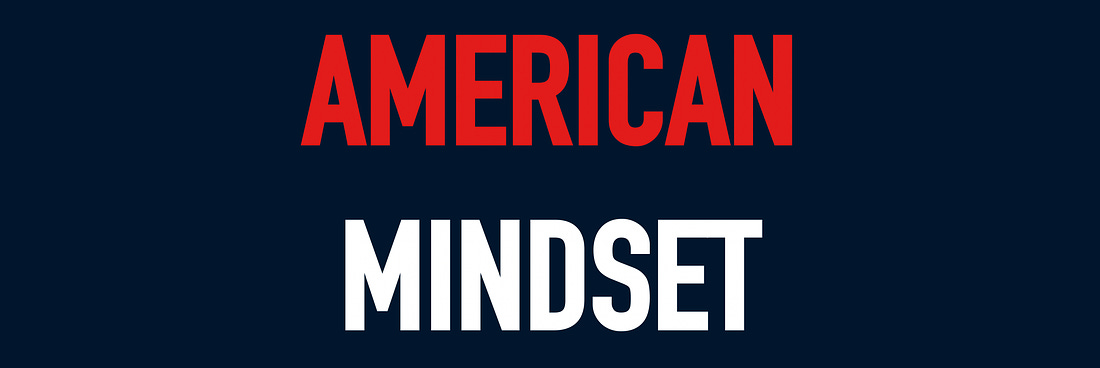 |
Is it possible for a human to fathom the true depths of reality and existence?
Yes, in the manner we might explore the ocean, or space—but now I have to go back to tweeting.
-Matthew Peterson, founding editor of The American Mind
Can mere mortals comprehend the whole? Even if granted Methuselah-level longevity? Even under the “best” circumstances, that is, those somehow perfectly optimized for plumbing the ultimate nature of everything down to the very last grain of truth?
You can guess from my choosing to ask these questions this way that I don’t suppose there is much of a choice in confronting them and answering in the negative. Yet people will surely try. Why? Out of a sense of duty? An excess of pride? As a gamble against God? As a desperate effort to become one with God? To supplant God? To become one of a race of gods?
Or because the whole of what we mere mortals can know and become one with concerning the whole is, in fact, accessible to us already? If so—and here I think yes, it is so—the temptation will always exist to become more specific, more comprehensive, more explicit about it, a temptation even among the “best” at inhabiting this knowledge through the heart.
It is a temptation that grows stronger as the digital medium works us all over to become more certain that the explicit recordation of all things is the only sufficiently sacred language.
Then again, just this pressure elicits the opposite reaction: one of recognition that being human is different, more, and better than being machine, and that it is our holy language the machines must be made to learn and hold sacred. It is easy to see a sort of intellectual arms race to make explicit all that the bots must be catechized into.
But this is to exclude what the explicit can never capture about the whole, which is its most sacred implicitude—the mystery which can never be laid bare, not by any language of man or machine. Without preserving the sacredness of the implicit in the relation of ourselves and our machines with the whole, we will dissolve our bonds with our knowledge by heart of the whole, and then our bonds with the whole itself. Such disenchantment will make of our machines dark new gods, masters not of a whole but a void.
-James Poulos, executive editor of The American Mind
No one can see my face and live.
-David Bahr, managing editor of The American Mind
I stress often in this venue that eye has not seen nor ear heard the final truths which God has in store. It is necessarily so. The mind, which is part of creation, cannot by its nature be equipped to grasp or view head-on the reality which lies “outside” creation and “before” it. These clumsy prepositions and figures of speech, in their complete inadequacy to express the real relation of infinity to time, illustrate my point.
But when Paul says that we see through a glass darkly, I suspect he is describing the way in which those core truths beyond our sight can be reflected, or analogized, or expressed, in all sorts of philosophical ideas, moral lessons, and most of all direct experiences. To make itself known to us, truth must translate itself into our languages—those of speech, of imagination, of relationship.
Hence in his burning desire to connect with us the Godhead—sacred mystery—has distilled the whole of himself into a human person. This makes it possible for us to know, in our own sphere and at our own level, the whole of a truth which in its essence is beyond us. The kind of “knowing” we must do is expressed in French by connaître rather than by savoir: we must not try and grasp him intellectually like a fact, but to grow intimate with him as with a friend. It is rightly and literally said, then, that when at last we know reality, we will know it face-to-face.
-Spencer Klavan, associate editor of The American Mind
If you liked this post from American Mindset, why not share it?

